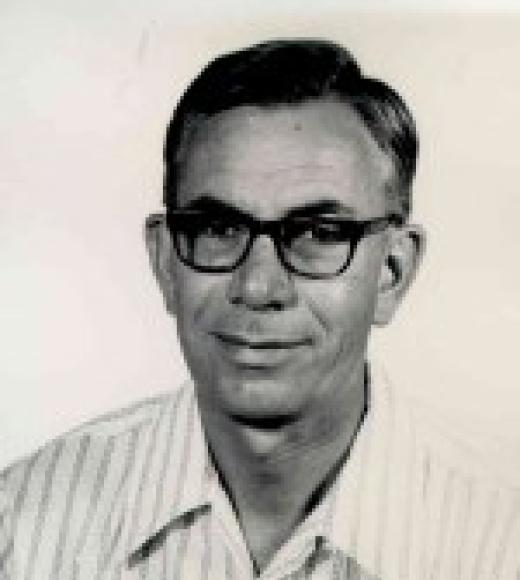
Frederik L. Jensen
Position Title
Viticulture Extension Specialist
(1921-2012)
Fred Jensen began his career in science when he graduated from University of California (UC) Berkeley in 1942, with a B.S. in Soil Science, and later completing a Master of Science in Horticulture from UC Davis. He began his career with UC Cooperative Extension in 1947 when he was named Viticulture Farm Advisor for Tulare County. Fred became nationally and internationally known for his development of optimum cultural practices for table grapes, working first with the classic seeded varieties and later with many new seedless varieties as they were released. In 1972, Fred was named as Viticulture Extension Specialist in the Department of Viticulture and Enology, and was stationed at the Kearney Agricultural Center. In that capacity he had statewide responsibility for table grapes and worked closely with county Farm Advisors to address research areas such as: optimization of trellis and training systems, growth regulator applications, irrigation and fertilization and other issues of critical importance to the economic viability of table grapes in California. As new varieties, primarily of seedless varieties were released, from UC Davis and the USDA grape breeding programs, Fred and his colleagues conducted the research trials into production practices necessary to ensure that the varieties could be grown successfully. One of his most important scientific advances was recognizing that management practices for grape insect control were ineffective and environmentally unsustainable. Along with pest management colleagues, Fred pioneered the concept of integrated pest management (IPM) in grapevines, encouraging beneficial insects and incorporating sprays with “softer” chemistries. This effort resulted in the first Grape Pest Management Manual, an IPM publication that brought scientific acclaim nationally and internationally. One of Fred’s lasting contributions was as a mentor to many young Farm Advisors, several of whom had previously worked as his field technician at the Kearney Center, to whom he conveyed his extensive viticultural knowledge and experience, as well as his engaging style of interaction with grapegrowers. He was author or co-author of more than 250 scientific papers, extension publications, and newsletter articles. As a result of his lifetime achievements, Fred was selected by the American Society for Enology and Viticulture to receive its Merit Award in 2001, the highest honor given by the Society.
